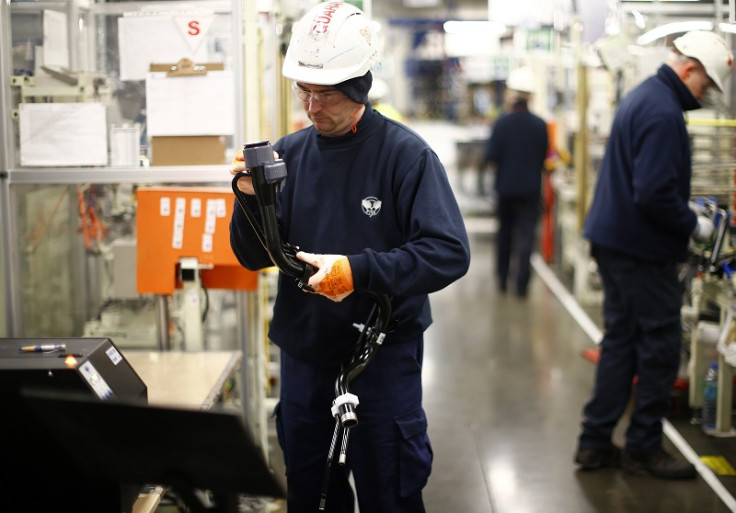UK Employment Rate Hits Record High but Pay Decline Worsens

Employment is at an all-time high in the UK and unemployment continues to fall, but wage growth is weakening despite the wider economic recovery.
The Office for National Statistics (ONS) said the UK employment rate hit 73.1% in March to May 2014, the highest rate on record. The unemployment rate dropped to 6.5% over the same period, from 6.9% before.
But total pay growth, which includes bonuses, slowed sharply to 0.3% - a record low. Regular pay, excluding bonuses, grew by 0.7%. These readings are far below price inflation, which jumped in June to 1.9%, meaning the real-terms decline in wages has accelerated.
"It's good to see unemployment falling, but with pay growth falling to a record low, serious questions must be asked about the quality of jobs being created in Britain today," said TUC General Secretary Frances O'Grady.
"If all the recovery can deliver is low-paid, low-productivity jobs – many of which don't offer enough hours to get by – then it will pass most working people by and Britain's long-term economic prospects will be seriously diminished."
It is this paradox of higher employment and falling wages that is making the Bank of England's decision on when to lift interest rates harder.
Policymakers have said they will only raise the base rate from its record-low of 0.5% when productivity and wages have picked up. Markets currently expect an early-2015 rise, but a worsening pay decline may push this back.
The economy appears to be strengthening. It is expected to grow by around 3% in 2014, the fastest rate of any developed Western economy. And all major sectors – manufacturing, construction and services – are booming.
But some are arguing that the labour market, which has seemed to be robust in the face of the post-financial crisis recession, has made a permanent shift in its make-up.
Though the figures show people are employed, many count themselves as underemployed because they cannot find enough work. There has also been a sharp increase in self-employment, which can bring financial precariousness and people tend to earn less and pay less tax.
And there has been a proliferation of so-called zero hours contracts, where no work is guaranteed from one week to the next.
"Average pay remains a concern, particularly against a backdrop of rising inflation," said John Allan, national chairman, Federation of Small Businesses (FSB).
"However, we would hope that wage growth in the private sector will begin to turn a corner this year, with 7 in 10 of our members intending to increase wages.
"To enable more small firms to boost salaries, it is important that government drives down the wider cost of doing business – such as utilities and business rates."
© Copyright IBTimes 2025. All rights reserved.






















